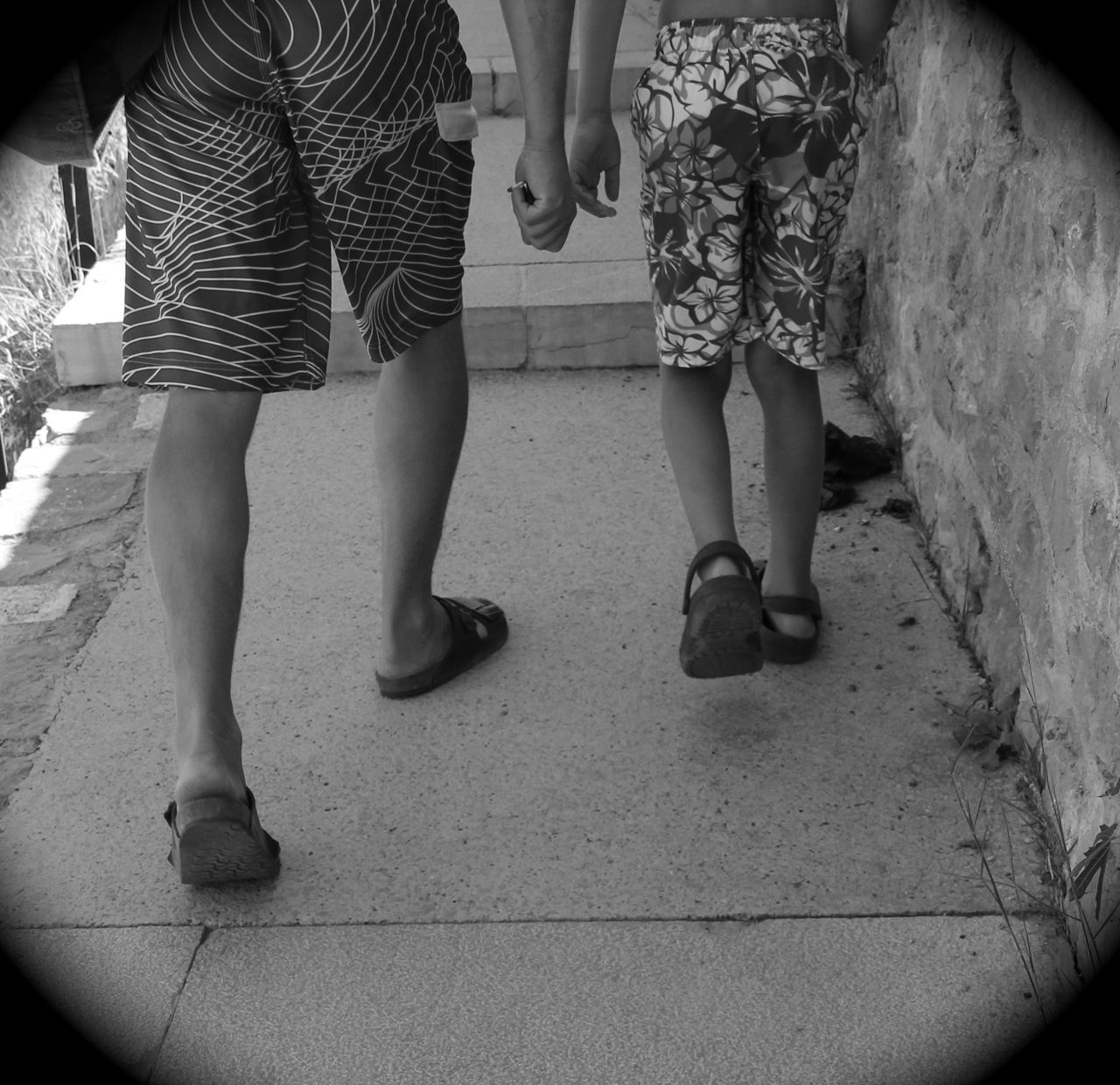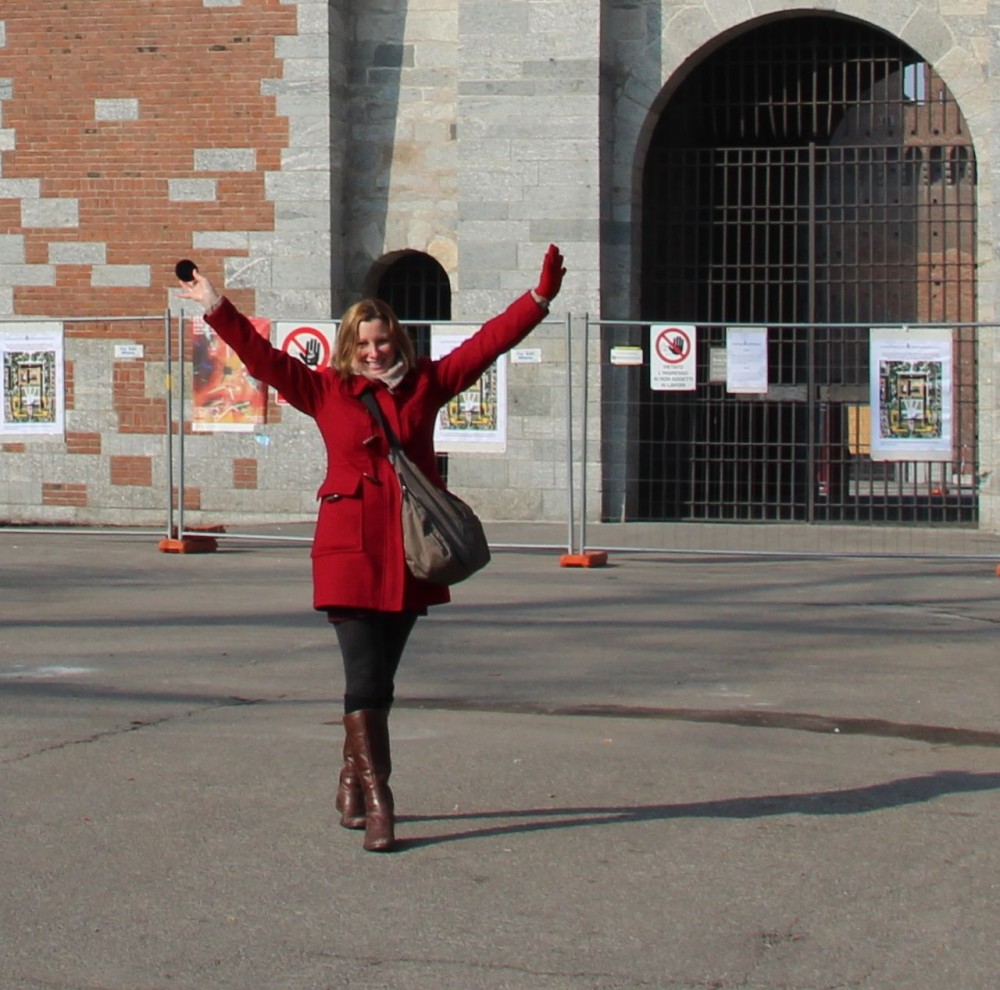Crystallize your goals. Make a plan for achieving them and set yourself a deadline. Then, with supreme confidence, determination and disregard for obstacles and other people’s criticisms; carry out your plan.
– Paul J. Meyer
The hardest part about moving to a new country, starting a new life and perhaps a new business is learning a new language. The older we get, the harder it seems for new information to stick. As soon as we get tired, we revert back a few steps. Consistency along with diligence is critical, but above all we need good teachers.
Once upon a time….
there once was an American girl in love with the idea of France, so much so that when she grew up she decided to become a French teacher. She read the books and loved everything they said; the rich history, deep-rooted traditions and culture, food and of course there was the romantic notion of Paris. Even the sound of the French language was intriguing. Then one day she decided it was high time to visit the place she loved the most and she packed her bags and headed to France on vacation.
Alone, she explored Paris visiting Notre Dame, the Lock Bridge, L’Arc de Triomphe, the Eiffel Tower and took in all the sites along the River Seine. Sipping coffee in St. Germain-des-Pres she watched the French walking by with baguette underarm. She tried to fit it all in and barely slept. It was perfect. It didn’t take long for her to catch the eye of a handsome young Frenchman. After a whirlwind romance, they married and decided to live their first year of marriage in Beziers.
The American girl loved her French life, but her husband François had a dream too, and it was the American dream.
So, from there they decided to move to the US where there were plenty of opportunities for a young couple to raise a family and an abundance of jobs for the two young teachers. And in the USA, they lived happily ever after… well almost.
There was a constant pull from France, a life they missed and loved. Their family has two very distinct cultures: one barbequed hamburgers and baseball games and the other saucisse and petanque. They felt the need to return.
Now after 16 years, they are back, and she is living the expat life once again, and fulfilling her dream of a permanent move to France, except this time with two of her young children in tow, and an innovative online language company offering French for English speakers and English to French speakers. She is the French teacher, and he is the English teacher. It was this unique combination that caught my attention and I arranged an interview with Jennifer.
I could hear the tok tok of boots on the cobblestone path just before seeing Jennifer turn the corner. At first glance, she looked French, sporting a stylish scarf, and a short pixie cut. She greeted me with a warm smile and it was her distinct southern accent with a little drawl, (perhaps softened from speaking fluent French) that gave her away.
We decided to have lunch at a fashionable bistro, Le Komptoir, on the new square, Lionel Terray in Beziers. The ambience was set for our interview. Over a traditional three-course lunch; elegant stacked tuna and salmon on rice, traditional pan fried steak served with homemade French fries (I guess here they are just called fries), cheese plate with salad, chocolate mousse for dessert and we ended with coffee. I had my opportunity to get to know this lovely lady.
During the interview Jennifer was modest, gracious, and open. When you have her attention, she has yours. Present, she is in the moment. Optimistic, she sees the whole picture. Sociable, but not over eager. What struck me most is that Jennifer has the rare quality of determination. Or maybe being away from North America it is a quality I miss. I instantly liked her and I couldn’t wait to hear more of her story.
My Expat Life Interview Questions
Tell me about yourself and why you moved to France?
My name is Jennifer Crespin. I’m from the United States, originally from a small town in Louisiana, but lived in St. Louis, Missouri for about 16 years.
I moved to France during the summer of 2013 with my husband and two children, ages 10 and 7. My husband, François, is French (from Paris originally), and he has a sister who lives near Béziers with her family.
We came back for vacation and to spend time with the family every summer for 14 years. Though we loved our lives, jobs, friends and family back in the States, we always felt a little sad to leave France at the end of summer vacation. We told ourselves every year that we should move to France. Why? Just the slower pace, not feeling like anyone was in a particular rush, enjoying life as it comes. I noticed, in particular, that kids seemed to be kids a good bit longer than what I saw back in the States. I’ve always felt that here in the South of France, and especially in the Languedoc, there’s not as much of a materialistic vibe as what I’d grown accustomed to.
The years when our older son (now almost 24) was still in primary school would have been the time to make the move, but before we knew it he was in middle school, then high school. In other words, we felt as if we’d missed our window of opportunity. High school is a hard time to make that kind of change, for us it was.
Soon the little ones were born, started going to school…then we turned 40! (haha) I think that seriously may have had something to do with it, you know, the feeling that if you want to make a big change, it’s kind of now or wait until you’ve retired. The kids were still young enough, so we once and for all decided to take the plunge.
Did you experience culture shock?
I would say that the first time I lived here, 15 or 16 years ago I did, but not this go round. It was a welcome change.
Coming from the US, I remember the thrill I felt the first time I experienced the unique difference in our cultures. I was a student of French literature, and it wasn’t until I stepped foot on French soil that it all began to come together for me.
Did you do anything since moving to France that you never would have expected?
Oh yes! Never in a million years would I have seen myself working as Dean and the only anglophone at a French immersion school in Montpellier. That’s what I did our first summer back. Good times, but hard work.
What do you do for a living?
I’m a French teacher, and I give most of my lessons online, via Skype or Google Hangouts. I do also have some students from the area that I see in person. Prior to moving to France I was a French teacher at a school in St. Louis. I do conversation, classic grammar, fun French for kids and teens, DELF prep, immersion classes, accelerated classes, you name it.
I have students from all over the world, and some as close as 20 minutes away. It seems the modern mode for communications and is convenient to be able to learn and teach from the comfort of your own home.
Another teaching method is our immersion program. This requires lessons incorporated with outings. An example is teaching the vocabulary and grammar to order in a restaurant, and then taking them out for lunch where they can use their new lesson hands on.
https://www.youtube.com/user/frenchwithjennifer
http://www.learnenglishandfrench.com/
https://www.facebook.com/LoveLearningFrench
Natasha, a former student says, ‘She really tailored lessons to meet my needs and level, and she uses Google docs so you have a record of the whole thing and simultaneously are working on the document together. And she doesn’t let you cheat.’
What did you do to integrate with your community?
At first I just talked to people. I find people here to be very friendly, and it’s pretty easy to make acquaintance with people in the community when you open yourself up to conversation. I got to know people through my kids’ school by helping with the library, and by teaching English in my kids’ classes. Most restaurant owners are really nice, and get to know you when you come around often. I got to know plenty of people in town while I was giving a lot of immersion classes last summer, people are curious, and most of them love it when you bring students around.
What is the worst thing about being an expat?
I really can’t think of anything that’s particularly related to being an expat that’s bad. I mean, it’s not all roses, but it wasn’t always perfect before either.
What is your favorite thing about being an expat?
It’s great when people ask about American traditions that they’ve never really understood, like Thanksgiving, for example. I love talking to people about the US, raising cultural awareness, much like I did while living back in the States and people wanted to know about France.
It’s so interesting to watch people, especially people who aren’t particularly interesting. I mean, just watching average people living their daily lives is really different here. Kind of reminds me of the way my parents (upper-70s) talk to me about the good old days.
Lastly, it’s quite cool being «the different one». I’ve always liked people who are a little different, who walk to a different tune. Though I see myself as a pretty average person, I’m sure there are some people from around here who think I’ve lost my mind.
What do you miss the most about your home country?
It’s not so much the food, it’s not so much the places. Of course I miss friends and family, but I would also say I miss the pride that Americans have for our country.
When you’re there, living in it, it really feels quite over the top at times. However, when you come here you can really sense that national pride just doesn’t exist, hardly on any level at all. I’m not an American flag t-shirt wearer by any means, but it does give one an important sense of being to proudly feel like a part of something.
What advice would you give other expats?
Number one by way far, at least have a basic knowledge of French before moving here. It’s the only way to truly integrate and make the most of your experience. Speaking the language opens so many doors to new friendships and experiences. If you already live here, it’s never too late to start. It’s also a very good idea, when you get aggravated about something, to try to take a moment and see things from another perspective (maybe from a French perspective). It can make a world of difference. Cultural differences can often play a huge role in small (or not so small) misunderstandings.
—————–
I took one of Jennifer’s online classes and I found it very helpful to have a French teacher who could explain things to me in English. I felt the whole time being taught, that I was simply talking with a friend on Skype. She also finds interesting ways for me to remember things, easy trivial references that are relevant to me being of similar age and both from North America.
Then I decided to watch some of her online videos. I found myself rapidly learning grammar, question words, in easy to follow format. I even found some of Jennifer’s lesson plans on Teachers Pay Teachers .com! She is one to watch, I foresee a very bright future for her and this diverse family.












